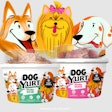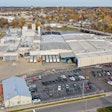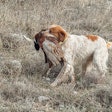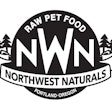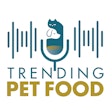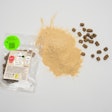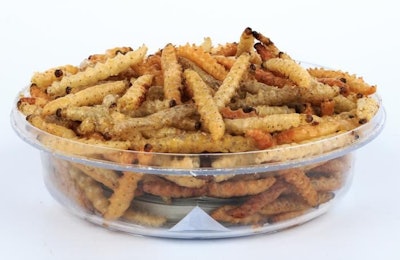
Bühler, a pet food and feed industry supplier, and Protix, an insect production company, have founded Bühler Insect Technology Solutions, which will develop scalable, industrial solutions for the rearing and processing of insects to provide novel protein sources for livestock, human and pet food. Bühler Insect Technology Solutions is located in China and has already begun operations.
Benefits of insect protein for human and pet food
Insects may be an efficient means to meet human and animal needs for protein. As the human, livestock and pet populations grow, so to do their needs for protein. However, many wild sources of inexpensive meat, such as fish, have been depleted. Producing enough mammal, fish and avian meat on farms to feeds the world of 2050 would require significant amounts of land, water and other resources, all of which are increasingly scarce.
For these reasons, some hope that alternative protein sources, such as pulses or algae, can fill the need for nutrients. One promising source to generate protein sustainably and with a low carbon footprint is insects. Fly larvae or mealworms, for instance, are easy to breed and can be fed with organic waste. They are more efficient at converting feed into protein than other animals and require little space to cultivate. Because of these advantages, insects have attracted considerable attention from start-ups and established players in the human and pet food industry in recent years.
Protix was founded 2009 in the Netherlands. The company developed proprietary equipment and gained operational experience, not only in the breeding and rearing cycle, but also in separating and extracting proteins and lipids from insects.
With a pilot plant, Protix processes 1,600 metric tons (1,764 US tons) of insect larvae per year and produces insect-based ingredients. The company was recognized as a technology pioneer by the World Economic Forum in 2015.






